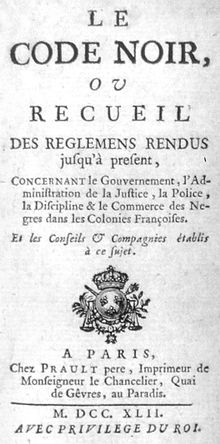Public genealogies: Documents, bodies and nations in Anglo-Indian railway family historiesPosted in Anthropology, Articles, Asian Diaspora, History, Media Archive, Social Science on 2013-10-12 00:18Z by Steven |
Public genealogies: Documents, bodies and nations in Anglo-Indian railway family histories
Contributions to Indian Sociology
Volume 35, Number 3 (October 2001)
pages 355-388
DOI: 10.1177/006996670103500303
Laura Bear
Department of Anthropology
The London School of Economics
This article argues for an approach to archives and documents that focusses on their material effects. It traces the impact of the East Indian Railway Nationality Files on the intimate stories of family genealogies among Anglo-Indian railway workers. The procedures of proof and record-keeping associated with these files (kept from 1927-50) displaced Anglo-Indian family histories into a public realm of state documents and archives, making these the final arbiters and guardians of their origins. Anglo-Indian workers often protested their assigned status by writing to the bureaucracy, especially as family members were regularly classed differently by distinct institutions. They sought a continuous public genealogy for themselves. Their interest in doing this and the practices of the nationality archive reveal the new conjunctions between political rights and family origins in Indian civil society. Increasingly, both the jati of nationalists and the enumerable community of colonial bureaucrats rested on a genealogical imperative, which excluded Anglo-Indians because of their ‘mixed’ origins from belonging to either India or Britain. The material effects of this historical moment and the archive are visible in contemporary conversations with Anglo-Indian railway families. They tell stories of disappearing documents, of ghosts disturbed by lack of an archive, of their bodies as treacherous records of identity and of the impossibilities of being an Indian community.
Read or purchase the article here.
